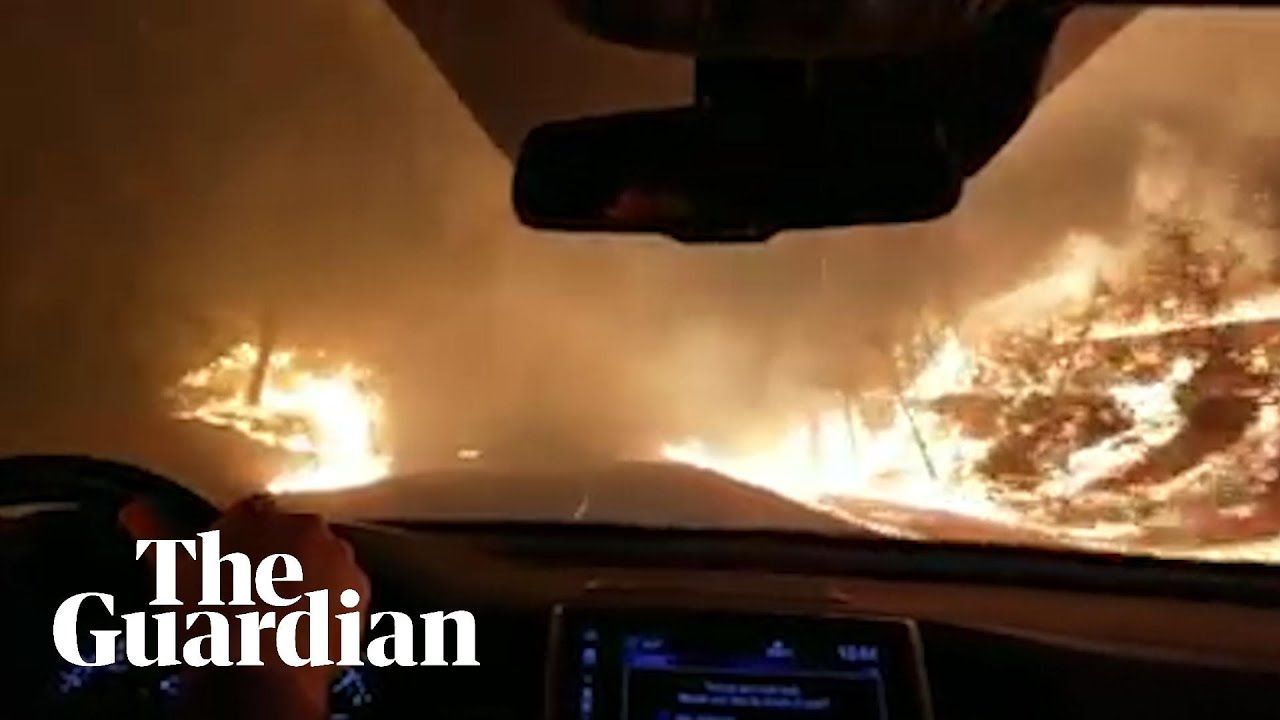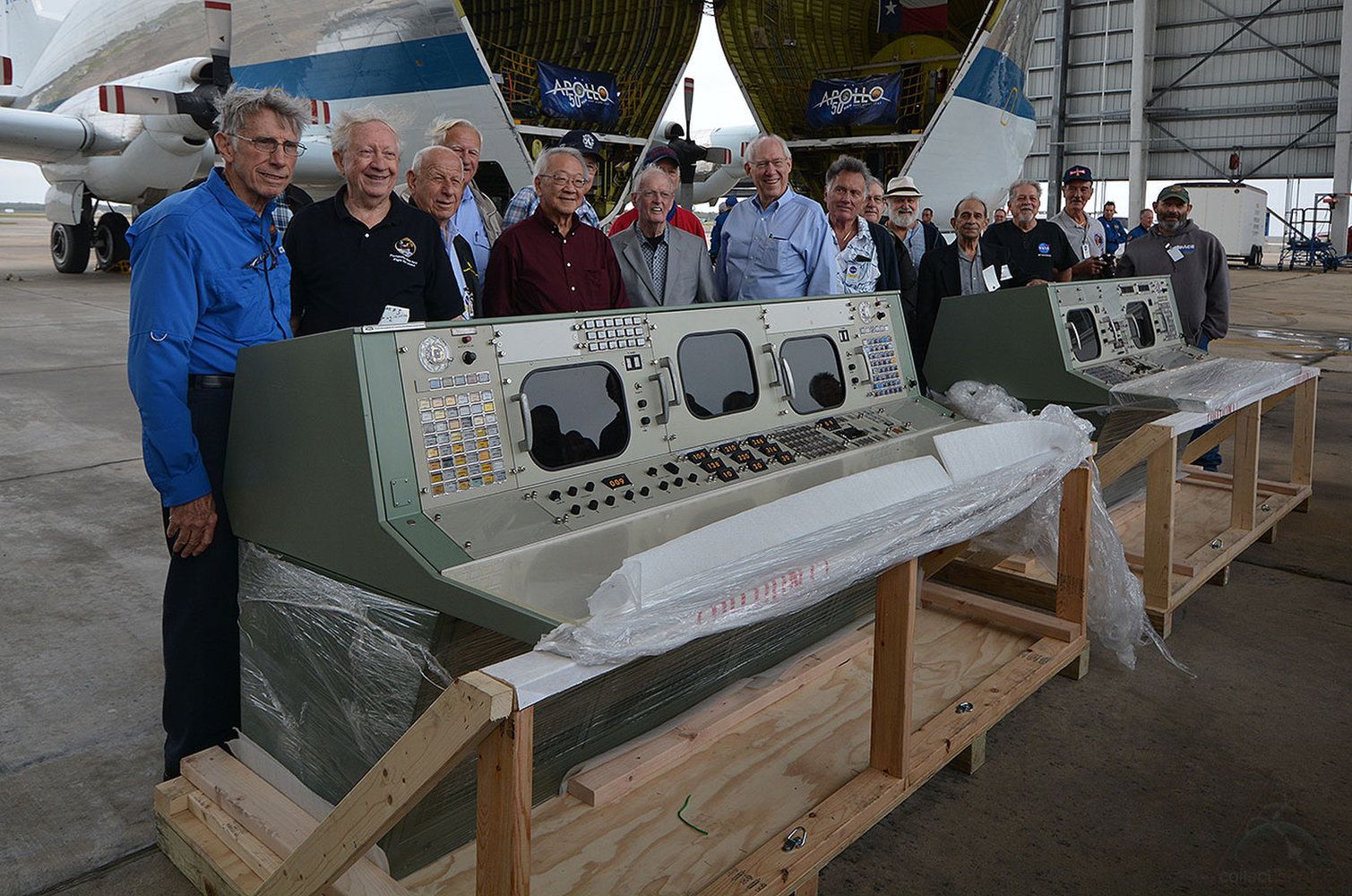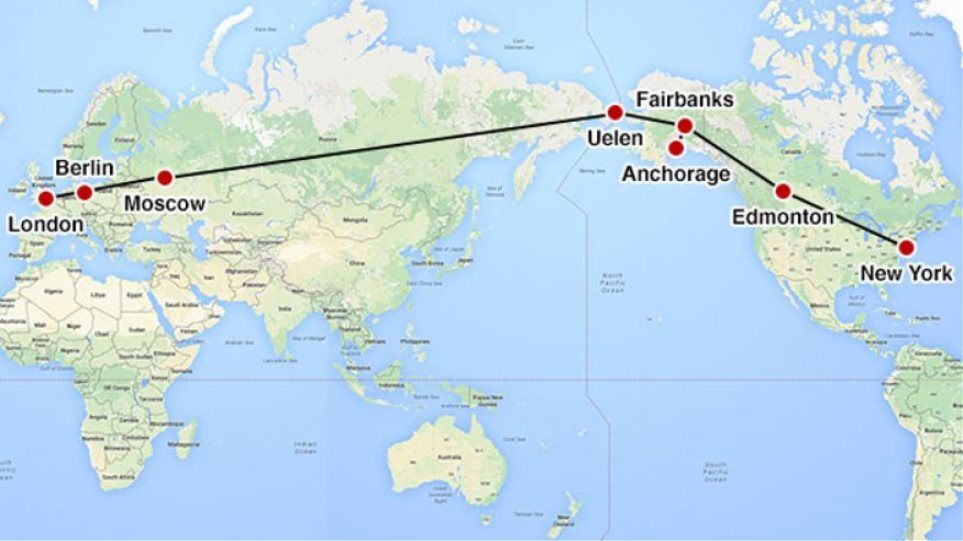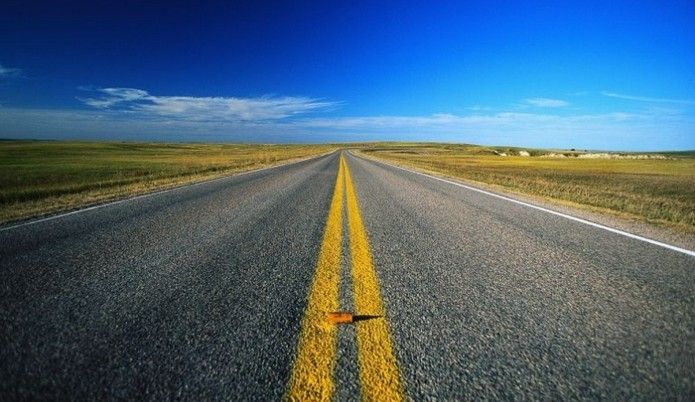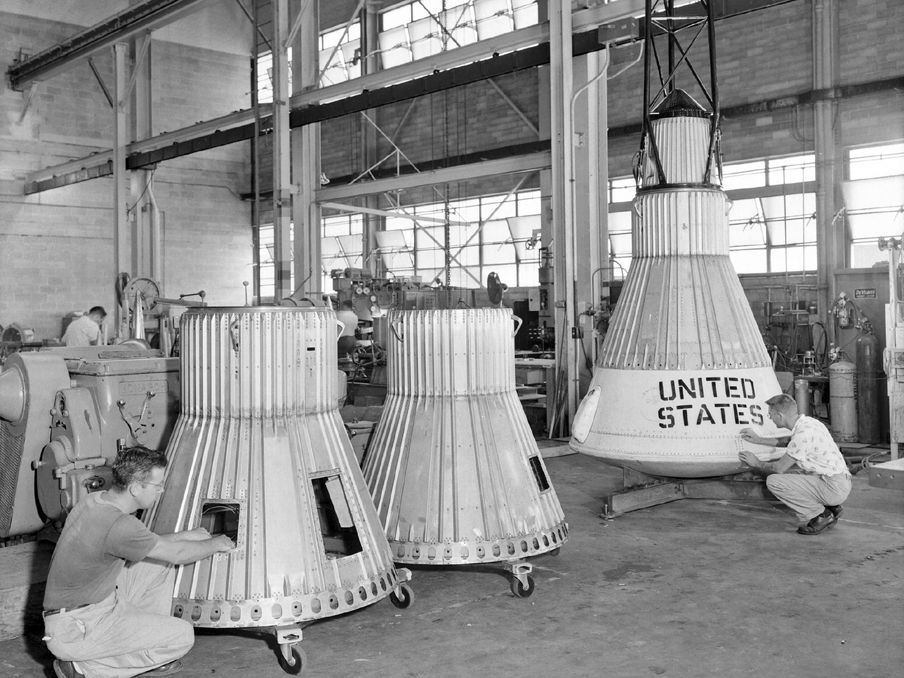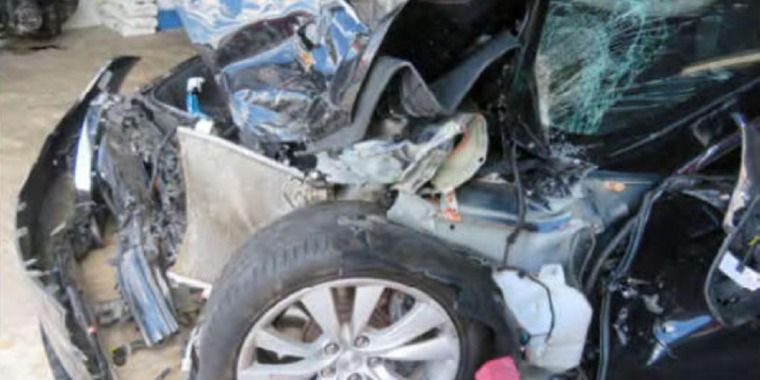The kilogram is one of the most important and widely used units of measure in the world — unless you live in the US. For everyone else, having an accurate reading on what a kilogram is can be vitally important in fields like manufacturing, engineering, and transportation. Of course, a kilogram is 1,000 grams or 2.2 pounds if you want to get imperial. That doesn’t help you define a kilogram, though. The kilogram is currently controlled by a metal slug in a French vault, but its days of importance are numbered. Scientists are preparing to re define the kilogram using science.
It’s actually harder than you’d expect to know when a measurement matches the intended standard, even when it’s one of the well–define d Systéme International (SI) units. For example, the meter was originally define d in 1793 as one ten-millionth the distance from the equator to the north pole. That value was wrong, but the meter has since been re define d in more exact terms like krypton-86 wavelength emissions and most recently the speed of light in a vacuum. The second was previously define d as a tiny fraction of how long it takes the Earth to orbit the sun. Now, it’s pegged to the amount of time it takes a cesium-133 atom to oscillate 9,192,631,770 times. Again, this is immutable and extremely precise.
That brings us to the kilogram, which is a measurement of mass. Weight is different and changes based on gravity, but a kilogram is always a kilogram because it comes from measurements of density and volume. The definition of the kilogram is tied to the International Prototype of the Kilogram (IPK, see above), a small cylinder of platinum and iridium kept at the International Bureau of Weights and Measures in France. Scientists have created dozens of copies of the IPK so individual nations can standardize their measurements, but that’s a dangerous way to go about it. If anything happened to the IPK, we wouldn’t have a standard kilogram anymore.
Read more
